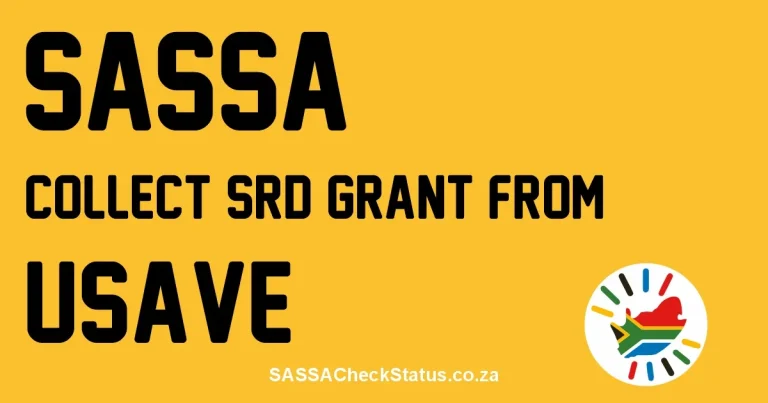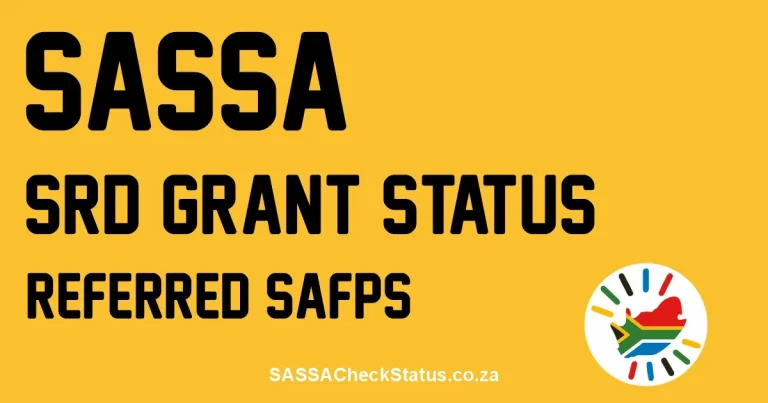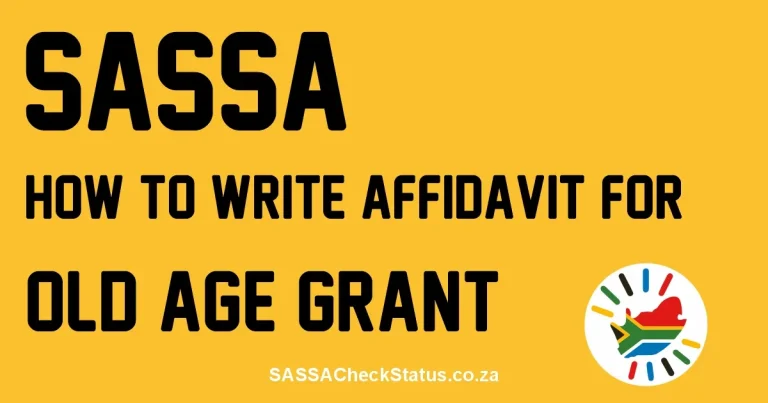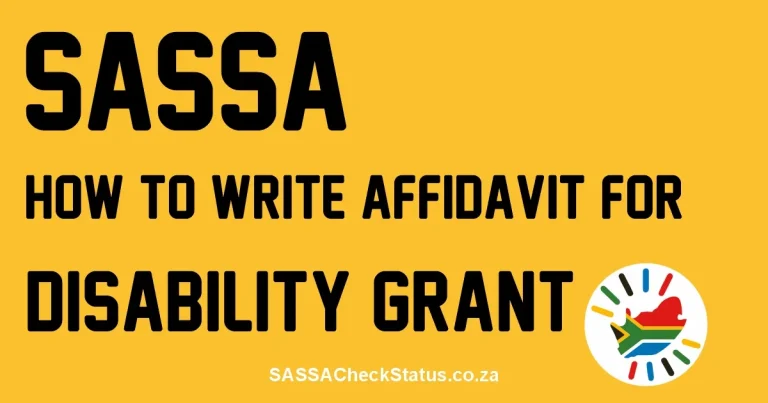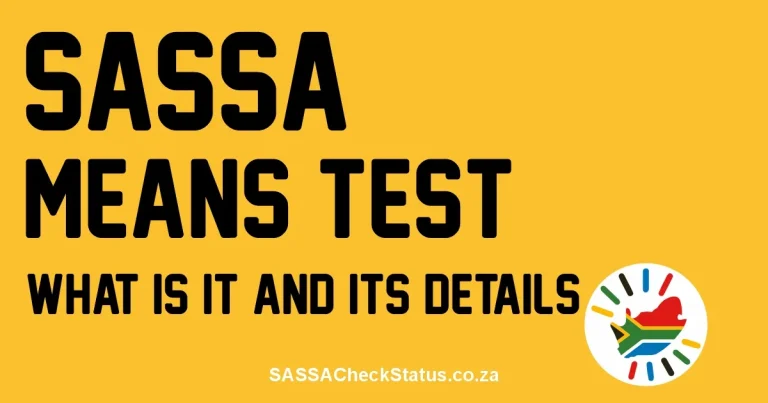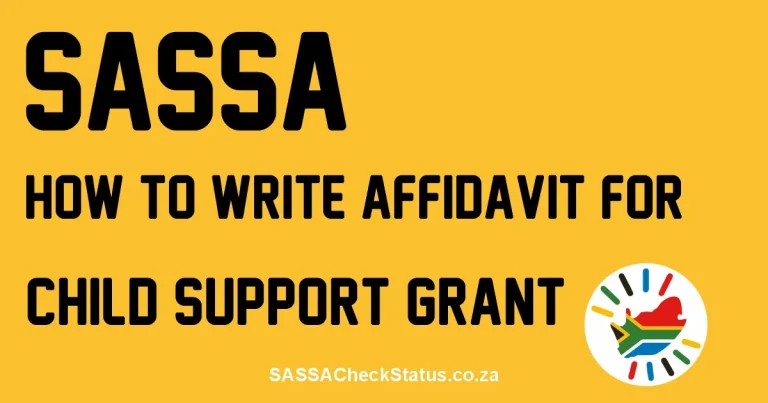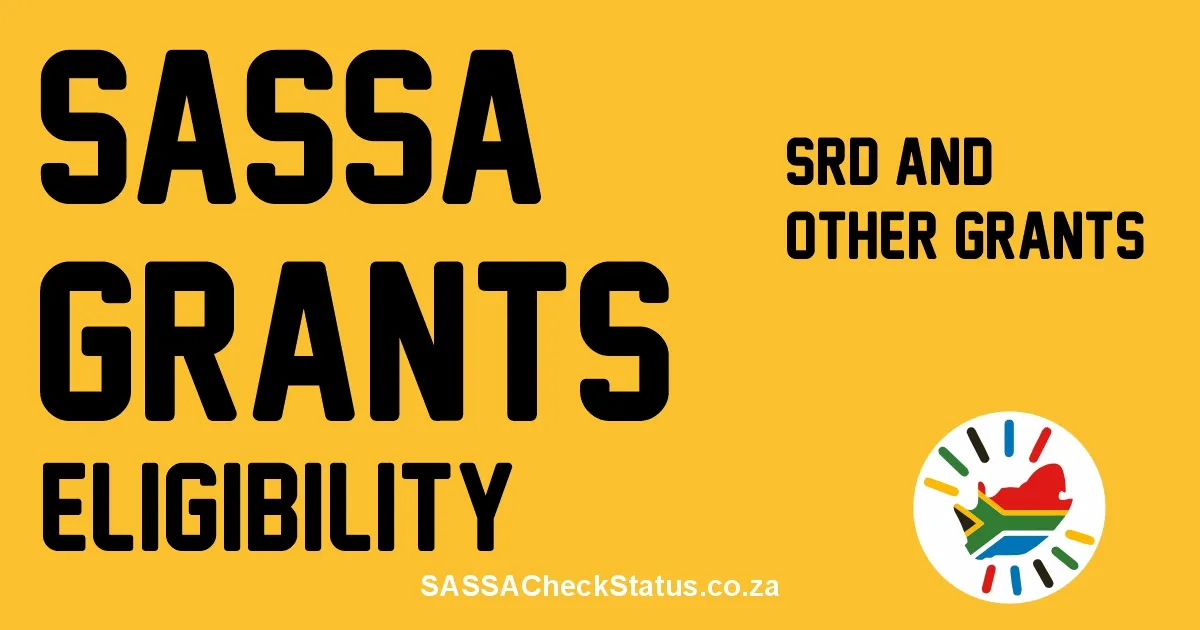
Are you unsure whether you qualify for financial assistance from SASSA? SASSA Grant Eligibility (SRD R370 & Other Types) requirements determine who receives vital monthly support across South Africa’s comprehensive social security system. With poverty affecting over 55.5% of the population and unemployment reaching 32.9% in 2025, understanding these eligibility criteria can be the difference between securing essential financial support and facing rejection. More than 9 million South Africans currently depend on various SASSA grants for survival, making it crucial to know exactly what qualifies you for each grant type.
SASSA Grant Eligibility encompasses multiple grant categories, each designed to support different vulnerable groups within our society. The eligibility landscape transformed significantly in 2025, with updated income thresholds, streamlined verification processes, and the permanent R370 increase for SRD beneficiaries. Whether you’re applying for the first time or need to understand changes affecting your current benefits, knowing these requirements prevents wasted applications and ensures you access the support system designed to help South Africans through difficult times.
SASSA Grant Types and Basic Requirements
SASSA administers several grant categories, each with distinct eligibility criteria tailored to specific circumstances and needs.
Social Relief of Distress (SRD) R370 Grant
The SRD grant increased from R350 to R370 starting April 2024 and serves as temporary relief for unemployed South Africans facing financial hardship.
Core SRD Eligibility Requirements:
- Must be a permanent South African resident
- Aged between 18 and 59 years old
- Unemployed and not getting any form of income, social grant, or UIF payment
- Monthly income must be below R624
What Disqualifies You from SRD:
- Registration with the Unemployment Insurance Fund, National Student Financial Aid Scheme, government payroll or other government funds
- Receiving any other social grant
- Earning above the R624 monthly threshold
- Being a permanent or temporary resident of a subsidized institution
Older Persons Grant (Old Age Pension)
Available to South Africans aged 60 and older who meet financial criteria.
Eligibility Requirements:
- Must be 60 years and older
- Must be a South African citizen, permanent resident or refugee
- Must be resident in South Africa
- Single person: R8,070 per month / R96,840 per year maximum income
- Married couple: R193,680 per year / R16,140 per month combined income
Child Support Grant
Provides monthly assistance to primary caregivers of children under 18.
Key Requirements:
- Both applicant and child must be residents of South Africa
- Must be the primary caregiver of the child
- Children must be under 18 years old
- Single caregiver: Income below R61,200 annually
- Married caregivers: Combined income below R122,400 annually
Disability Grant
Supports individuals with permanent or temporary disabilities affecting their ability to work.
Eligibility Criteria:
- Age: 18 to 59 years
- Medical proof of disability required
- Same income thresholds as Older Persons Grant
- Duration: Temporary (6-12 months) or permanent, depending on medical assessment
Income and Asset Thresholds: The Means Test
The means test determines financial eligibility by evaluating your income and assets against specific thresholds.
Current Income Thresholds (2025)
For Most Adult Grants (Older Persons, Disability, War Veterans):
- Single person: R8,070 per month (R96,840 per year)
- Married couple: R193,680 per year (R16,140 per month) combined
For SRD R370 Grant:
- Monthly income threshold: Below R624 in your bank account
For Child Support Grant:
- Single parent: R61,200 per year (R5,100 per month)
- Married parents: R122,400 per year (R10,200 per month) combined
Asset Thresholds
For Adult Grants:
- Single person: Assets not exceeding R1,372,800
- Married couple: Combined assets below R2,745,600
Important Note: Child Support, Care Dependency, Foster Child Grant, and SRD Grant are need-based grants and do not require the means test for assets.
What Counts as Income
SASSA considers the following as income: earnings from employment, business profits, rental income, pensions, financial support from relatives, and compensation from UIF, RAF, or COIDA.
Allowable Deductions: When calculating income, you can deduct UIF contributions, medical aid expenses, income tax payments, and retirement plan contributions.
How to Apply for SASSA Grants
Online Application Process
For SRD R370 Grant:
- Visit srd.sassa.gov.za
- Complete the application form with accurate personal details
- Submit required documentation
- Check your SRD grant application status regularly using your ID number and phone number
For Other Grants:
- Access the SASSA Services Portal
- Register as a new user
- Select your grant type (Older Persons, Child Support, Disability)
- Complete the application thoroughly
- Print and certify the affidavit with a Commissioner of Oaths
- Upload supporting documents in PDF format
In-Person Application
Visit your nearest SASSA office where staff will guide you through the application process. If you can’t apply due to illness or age, you can authorize someone to apply on your behalf.
Required Documents
Essential Documentation:
- Valid South African ID document
- Proof of residence
- Bank statements (last three months)
- Proof of income (if any)
- Medical reports (for disability grants)
- Proof of marital status and spouse’s income (if applicable)
Checking Your SASSA Grant Status
Online Status Check Methods
Primary Method: Enter your ID number and registered phone number on verified SASSA status check platforms to view your application progress and payment dates.
Alternative Methods:
- WhatsApp: Add SASSA WhatsApp number 082 046 8553 to check status through the Official SASSA Team
- USSD: Dial *134*7737# from your registered number
- Call Centre: Dial the toll-free number 0800 60 10 11
Understanding Status Responses
Common Status Messages:
- Approved: All requirements and checks completed, you’re eligible for the grant
- Pending: Your application is being verified and processed
- Declined: Application rejected due to eligibility issues
- Period Approved: You’re already receiving grants and approved for another month
- Means Income Source Identified: Monthly income exceeds the maximum threshold
SASSA Payment Dates and Collection Methods
2025 Payment Schedule
SASSA payment dates are scheduled consistently each month but may shift due to public holidays or special events. It may take 2-3 business days for funds to appear in your account after processing.
Typical Payment Windows:
- SRD Grants: Payment dates vary for each applicant, with most receiving payments after the second week of each month
- Other Grants: Payments are made during the first week of the month, excluding public holidays and weekends
Payment Collection Options
- Bank Account Transfer: The most convenient method for regular payments
- Post Office Collection: Available at SAPO branches nationwide
- Retail Outlets: Pick n Pay, Boxer store, Cash Send outlets
- SASSA Card: Direct collection from approved ATMs and retailers
Common Application Challenges and Solutions
Frequently Declined Reasons
Income-Related Issues:
- Alternative Income Source Identified: Monthly income exceeds maximum threshold
- NSFAS Registered: System identifies registration with National Student Financial Aid Scheme
Technical Issues:
- Failed ID verification: System unable to confirm personal information with DHA
- Post Office Not Selected: Application pending due to bank account verification issues
Appeals Process
If your application gets declined unfairly, you have the option to file an appeal through the SASSA website. You must appeal within 90 days of being notified that your application was unsuccessful.
Grant Amount Updates for 2025
Current Payment Amounts
- SRD Grant: R370 per month (increased from R350)
- Old Age Pension: R2,310 for those aged 60-74, R2,330 for those over 75
- Child Support Grant: R560 (increased by R30 from R530)
- Disability Grant: R2,310
- Foster Care Grant: R1,250 (increased by R70)
Budget Allocation
President Cyril Ramaphosa confirmed that R35.2 billion has been allocated to extend the SRD grant, while Finance Minister Enoch Godongwana announced R422.3 billion allocated for 2025 and 2026.
Maintaining Your Grant Eligibility
Regular Requirements
- Keep Information Updated: Make sure your details like phone numbers, banking info, and income are always correct and up-to-date to avoid payment delays.
- Annual Verification: If you receive money through bank, institution, or procurator, you must fill in a life certificate at SASSA offices every year.
- Report Changes: Notify SASSA immediately of any changes in income, employment status, or living arrangements that might affect your eligibility.
Avoiding Suspension
Your grant may be suspended for: being admitted to a state institution, failure to comply with requirements, or providing false information. SASSA grant eligibility requirements serve as gateways to essential financial support for millions of South Africans. Understanding these criteria, from income thresholds to application processes, empowers you to access the assistance you need efficiently.
The 2025 updates, including the R370 SRD increase and streamlined verification processes, demonstrate government commitment to supporting vulnerable citizens. With automatic monthly eligibility checks and extended grant periods until March 2026, the system becomes more accessible for those who need it most. For the most current information and to check SASSA SRD status, visit the official SASSA portal or contact their toll-free helpline at 0800 60 10 11.
FAQs About SASSA Grant Eligibility (SRD R370 & Other Types)
Can I receive multiple SASSA grants simultaneously?
Yes, provided you meet eligibility criteria for each grant. For example, you can receive both Child Support Grant and Foster Care Grant if eligible. However, you cannot receive SRD alongside other grants.
Do I need to reapply for SRD grants monthly?
Since April 2024, there’s no need to reapply every 3 months. SASSA automatically checks your eligibility monthly using existing information.
What happens if my bank details are incorrect?
Your payment will be delayed. Always verify details on the SASSA online portal. You can update banking information through the official SASSA website.
How long does application processing take?
Generally within 7-10 working days, but delays can happen during peak times. For comprehensive grants like Old Age, it may take up to three months.
Can foreign nationals apply for SASSA grants?
Only permanent residents and recognized refugees with valid documentation are eligible. Temporary visa holders don’t qualify.
What should I do if my grant gets suspended?
First, verify the reason for cancellation by contacting SASSA support. If cancellation was made in error, you can appeal the decision.
Conclusion
SASSA Grant Eligibility (SRD R370 & Other Types) doesn’t have to feel overwhelming when you break it down step by step. Think of this guide as your roadmap to accessing the financial support that’s rightfully yours. Every South African facing tough times deserves to know their options, and now you’re equipped with the knowledge to navigate this system confidently.
Ready to check where you stand? Head over to SASSA Status Check to see your status or call 0800 60 10 11 if you need someone to walk you through the process. Your financial stability might just be one application away.
